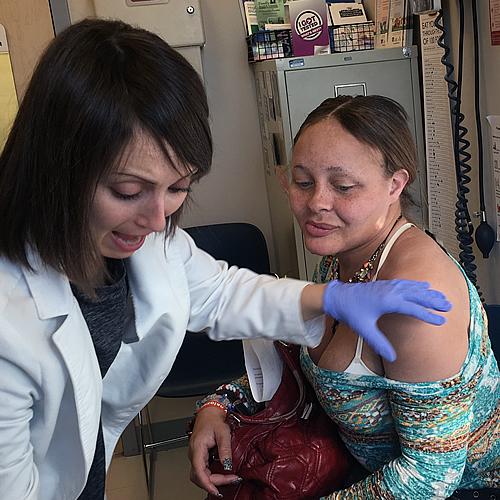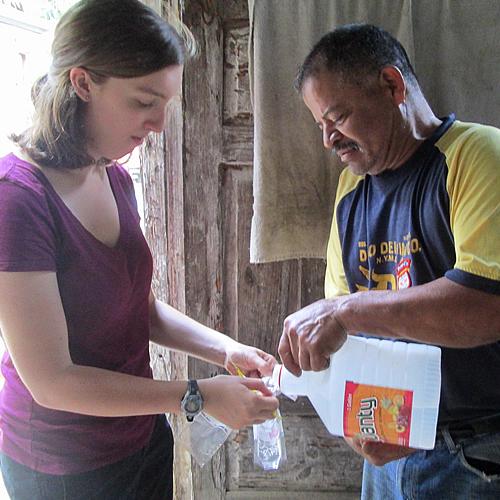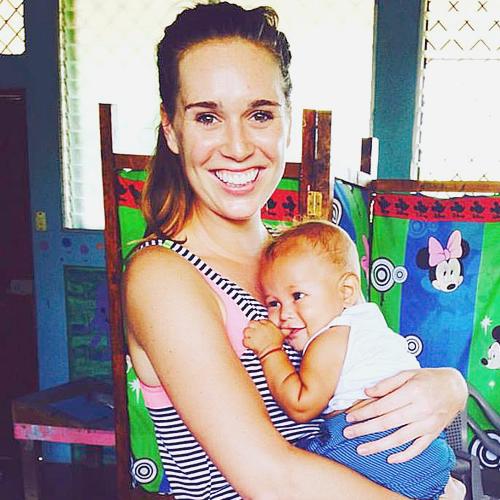Public Health
Exploring Public Health
Coursework
Since coursework is varied for each graduate program in public health, it is advised
that you meet with your HPAC advisor, with a list of graduate schools you would like
to apply to, and discuss your approach to your public health course plan.
According to the Association of Schools of Public Health, students of public health come from a variety of educational backgrounds and pursue a variety of specialties. “If you are interested in epidemiology or biostatistics, a math major or basic science major is ideal. For behavioral sciences or health education, you might want to consider sociology, psychology, or anthropology as a major. For studying health services administration, you might want to consider a business background. To study global health, a social science degree is helpful. For those who want to study environmental health, you might want to study either a biology/chemistry. Maternal and child health lends itself to both biology or social sciences. All schools of public health require competence in effective communication (both [spoken] and written); therefore, students should try to take advantage of undergraduate opportunities to hone these skills.”
Tests
If you are interested in applying to public health programs, you will need to complete
the General Records Exam (GRE). The General Records Exam (GRE) is a computer-adaptive
test offered hundreds of time per year in a variety of locations. There is a fee-reduction
program that discounts the exam by 50% for those who qualify. Please note: You must
apply for fee assistance well in advance of taking the GRE, at least 30 days






